By: Sarah Zapp
The key to life and learning is asking questions. The power you have and the direction you go lies in the questions you ask.
I’ve had the privilege of interviewing Oscar winners, billionaires, today’s most innovative CEOs and influential politicians. In my opinion, I’ve asked both the stupidest questions and some pretty frickin’ great ones. Questions that have elicited confessions, tears, laughs and full-on hugs.
Here are 5 tips to consider before your next interview. Whether it’s a formal or informal interview, the answers you get are only as good as the questions you ask.
#1. Build Rapport
This is always my first step. Building rapport sets the tone and helps make the interviewee feel more comfortable. I do that by connecting on a personal level. Bring up a mutual connection, shared interest or commonality, anything that makes your subject feel that somehow you get them and you have a shared outlook in some perspective.
#2. Listen. Listen. Listen.
You’re thinking. Duh. Yes, you should listen. But listening is really about being so attuned to what they are saying that you are willing to go off-script and explore a subject deeper when you seem them getting passionate about a particular answer. This is also your chance to clarify something you may hear during the interview. Chances are if you’re confused or really interested in something they said, your audience will be as well.
#3. It’s NOT about YOU!
No one is interested in how smart you are, how much research you did, or about your similar personal experiences. The interview is about your interviewee. You are there to learn and extract information about them, NOT to share about you. Sure it’s fine to share a few things if it paints context and helps them open up, but be careful here to make sure the experience is really about them.
#4. Preparation
Preparation is the key to your confidence and extracting the best content. At minimum do these 3 prep steps: #1. Google them (and check out news stories and images). #2. Look through their social media so you understand a more intimate side to your interviewee. #3. Look up industry related articles about your subject so you understand the latest news affecting your subject.
#5. Know your beginning and ending question. Let the rest flow.
Have a great first question. This sets the tone and direction of the interview to both the interviewee and the audience who may be listening.
End with a strong, poignant question. In TV news we were always taught that you lead with your second best video image and close with your strongest image. A parallel mindset can be used for the quality of questions you ask.
Everything else in the interview can flow and be reactive as you listen and enjoy the interviewing experience.
Follow Sarah Zapp on Instagram at @sarahzapp


